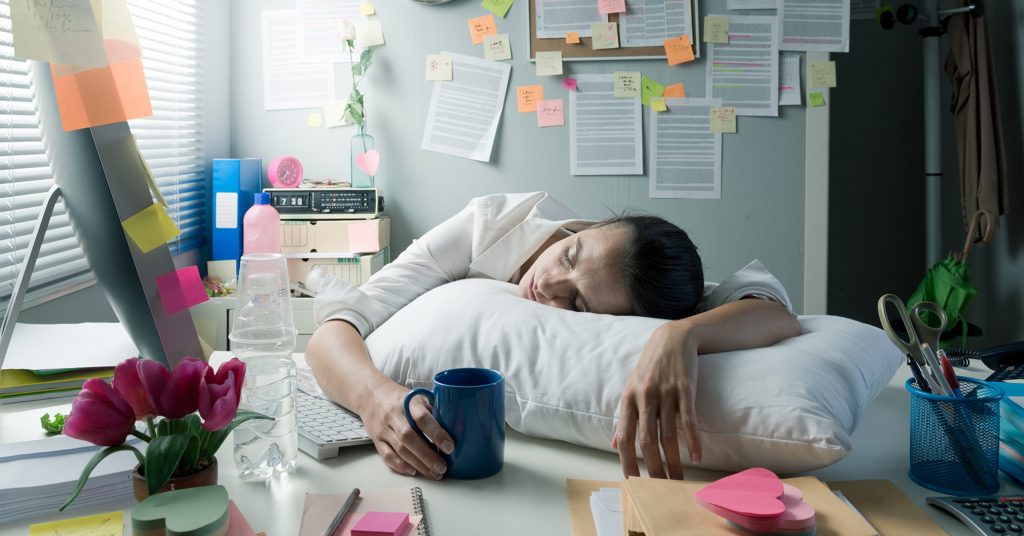Mere natural state of mind and body, human enjoys seeing dreams and throw out stress mostly at night time. We call it sleep, moreover, it can turn into a disorder. Sleep disorder or somnipathy is a medical malady of changed patterns of individuals sleep. In today’s write up, let’s explore the Sleep disorders people do not even know they are sufferers of.
Sleep disorder not only impacts health triangle that is mental, social and physical health but also impacts emotional functioning. Sometimes it can be the symptom of other medical health impairment. There are more than 80 that are being researched types of sleep disorder including oftentimes known kinds of dyssomnias.
Types of sleep disorder:
- Dyssomnias– This kind of sleeping disorders involving difficulty getting to sleep, remaining asleep or of excessive sleepiness. It is characterized by a disturbance in the amount, quality or timing of sleep. There are 30 kinds of dyssomnias which include major-
- Insomnia: Commonly known as sleeplessness. In this people have trouble falling asleep and finding a comfortable sleeping position, waking up during the night and turn back to sleep, daytime sleepiness, feeling lethargic are the common alarming symptoms of insomnia.
- Hypersomnia: It is a neurological disorder recognized as excessive sleepiness in general. This sleepiness can be in daytime or in the nighttime. It impacts 5 percent of the general population with higher diffusion in for men. It can be primary or secondary to any other medical condition and can more than one type of hypersomnia coexist in one patient.
- Sleep-disordered breathing: Exceptional respiratory patterns or insufficient ventilation during sleep. It worsens the breathing patterns of patients night after night, this impairment not only disrupts the sleep but put excessive strain on their nervous system and other body parts. There are three chief types of it as sleep apnea, snoring, upper airway resistance syndrome.
- Circadian rhythm sleep disorders (CRSD): It is related to the timing of when a person sleeps and is awake. There is a master circadian clock in a control system of a human brain, which regulates sleep-wake cycle like the timing of body rhythms like temperature and hormone levels. Sensitivity to time cues of this circadian rhythm may change with age and later the problems occur.
-
- Delayed sleep phase disorder (DSP): It occurs when a person goes to sleep at a regular time and wakes up two hours later than it considered normal. DSP is more common among adolescents and young adults.
- Advanced sleep phase disorder (ASP): It occurs when a person regularly goes to sleep and wakes up several hours earlier than most people. ASP impacts approximately 1% in middle-aged and older adults and increases with age.
- Jet lag disorder: Jet lag occurs when long travel by airplane quickly puts a person in another time zone. In changed time zone person sleep and wake at times that are misaligned with body clock. Jet lag is a temporary condition with symptoms that begin approximately one to two days after air travel across at least two time zones.
- Shift work disorder: It occurs when a person’s work hours are scheduled during the normal sleep period. Shift work schedules include night shifts, early-morning shifts, and rotating shifts. Depending on the type of shift, diurnal or circadian preferences may influence the ability to adjust to shifting work
- Irregular sleep-wake rhythm: Occurs when a person has a sleep-wake cycle that is undefined. The person’s sleep is fragmented into a series of naps that occur throughout a 24-hour period. Sufferers complain of chronic insomnia, excessive sleepiness or both.
- Free-running (non-entrained) type: This disorder occurs when a person has a variable sleep-wake cycle that shifts later every day.
- Parasomnia: It involves unwanted and unnatural movements, behaviors, emotions, perceptions, and dreams in connection with sleep. It can occur when a person is falling asleep, sleeping or waking up and often have no memory that it occurred. Following are the types of events or experiences mostly happen.
-
Bedwetting
-
Bruxism
-
Catathrenia
-
Exploding head syndrome
-
Sleep terror
-
Sleepwalking
-
Sleep talking
-
Sleep sex
- Medical or psychiatric conditions that may produce sleep disorders
-
Alcoholism
-
Mood disorders
-
Anxiety disorder
-
Panic
-
Psychosis
Also, read Does your baby keeps you awake at night?
These were the those few types of sleep disorders many persons deal with at most. There is no reason to be afraid of these disorders since numerous therapies are available to cure them.
